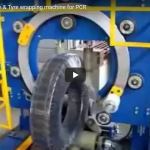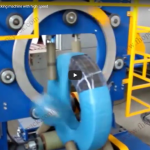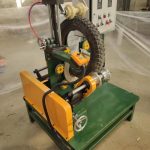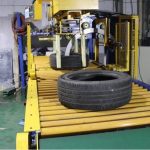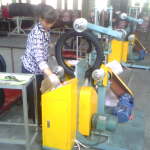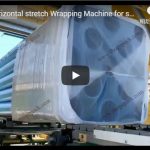Tire packaging machine is a reliable piece of equipment that offers flexibility, low maintenance, and high operating speeds. This machine is highly efficient and produces excellent coil packaging that helps to save labor and material costs. It is specifically designed for packaging steel coils and steel strips using an eye-crossing wrapping method.
The final package produced by this machine is visually appealing, firm, and provides excellent protection against dust and water damage. Its high efficiency means that it is capable of handling a large volume of coils in a short period of time, making it an excellent investment for businesses looking to increase their productivity and reduce their costs.
info@fhopepack.com
